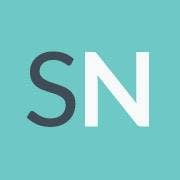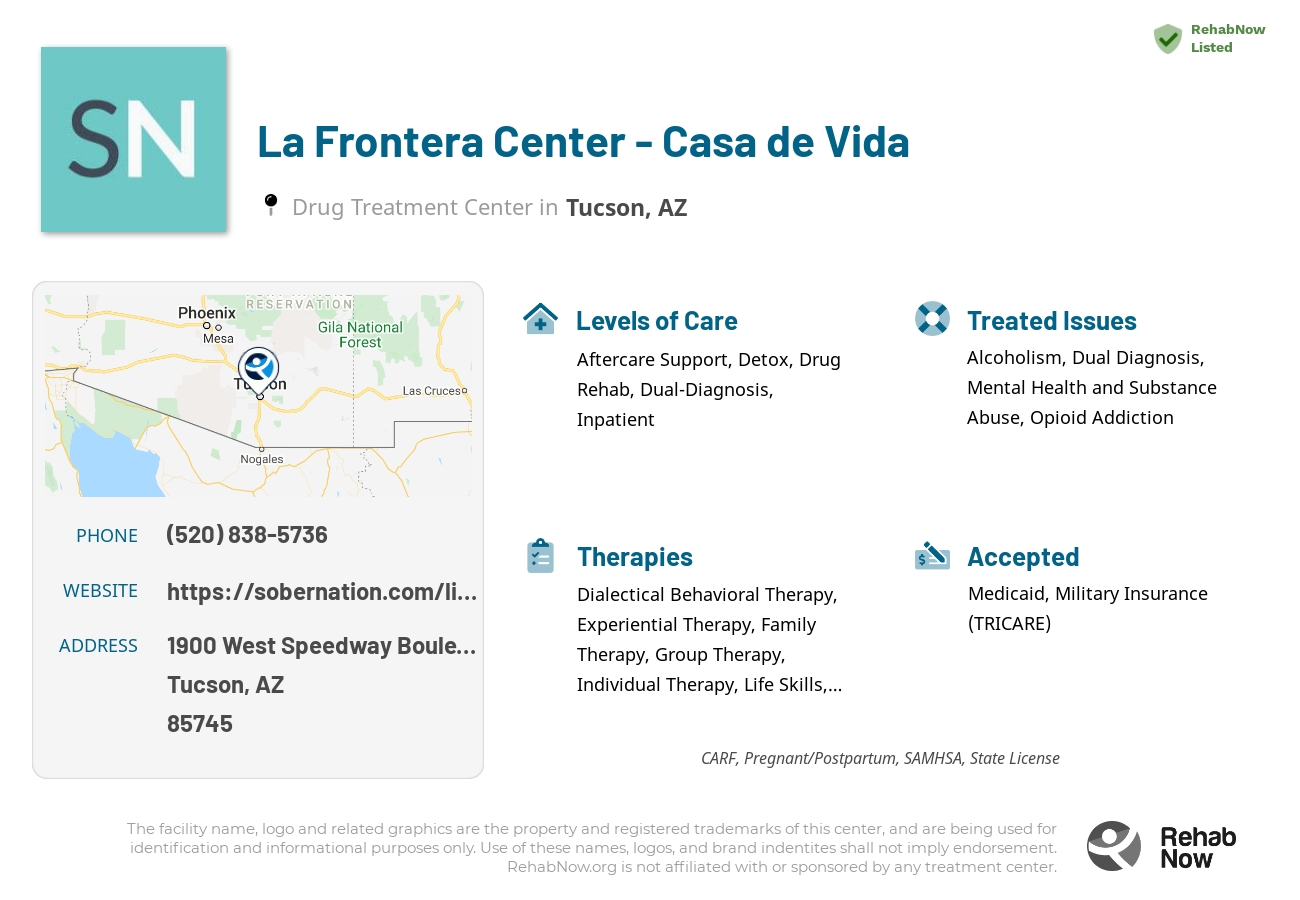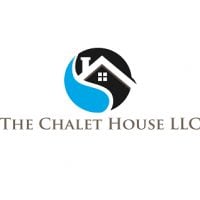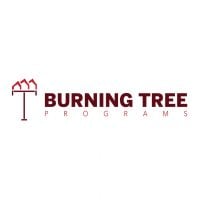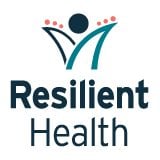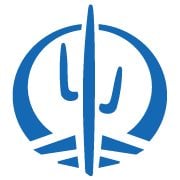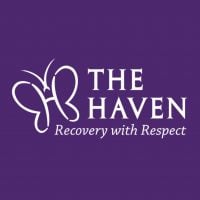La Frontera Center - Casa de Vida
Drug Rehab Center in Tucson, Arizona
The La Frontera Center - Casa de Vida Addiction Treatment Facility in Tucson, AZ offers comprehensive and effective drug rehab for individuals suffering from substance and alcohol abuse, as well as dual diagnosis and opioid addiction. Accredited by CARF, SAMHSA, and holding a State License, they provide evidence-based interventions tailored to each person's needs and accept private health insurance, making recovery accessible and stress-free.
About La Frontera Center - Casa de Vida in Arizona
La Frontera Center–Casa de Vida, located in Tucson, Arizona, is an integrative drug and alcohol rehab center for adults offering specialized programs and comprehensive care. Their primary focus is providing a supportive environment for lasting recovery.
- Dedicated programs tailored to specific populations like young adults, LGBTQ+, and those with co-occurring disorders
- Medically supervised detox with medication assistance to ease withdrawal symptoms
- Robust continuum of care from inpatient to aftercare support and sober living
La Frontera is accredited by CARF and SAMHSA, ensuring quality, evidence-based treatment. Their inpatient program offers a home-like setting with premium amenities and a range of proven therapies like CBT, DBT, and motivational interviewing. Complementary holistic therapies are also available.
La Frontera treats addictions to substances like alcohol, opioids, and stimulants, as well as co-occurring mental health issues. Their comprehensive approach includes individual, group, and family counseling, life skills training, and relapse prevention planning. Treatment modalities span inpatient, outpatient, and community-based services.
Genders
Ages
Modality
Additional
Accreditations
State License
SAMHSA

CARF
The Commission on Accreditation of Rehabilitation Facilities (CARF) is a non-profit organization that specifically accredits rehab organizations. Founded in 1966, CARF's, mission is to help service providers like rehab facilities maintain high standards of care.
Conditions and Issues Treated
Many people need to recover from substance abuse to live a healthy life. In the end, if you can get through all the steps: detoxifying your body, rehabilitation after some time or when needed (depending on the type), and recovery while also receiving therapy support throughout the process, it can be worth it.
A detoxification center is a common place to start the recovery process from substance abuse. With your body and mind restored, you can continue to heal without the lingering effects of drugs.
Many people who struggle with opioid addiction need to attend specific programs like methadone , Suboxone or Vivitrol clinics.
These types of programs will provide the patient with legal, prescription medications that can help them overcome their cravings for illegal opioids like heroin or fentanyl . If the patient has a chronic condition like Hepatitis C, they must undergo treatment before they can begin taking these medications.
Dual Diagnosis is a specific relationship between two or more disorders that have the same symptoms and can sometimes be treated together. This is used in the treatment planning process when dealing with drug addicts. Dual diagnosis can be viewed as a chronic medical condition that has comorbid psychiatric disorders.
Although addiction and a mental illness may have separate symptoms that are not easy to detect, they often go hand in hand. Many times, drug abuse is a direct result of the mental illness. In other words, treating the addiction will not resolve all of your issues. Unless you also treat the underlying mental illness, you will not be successful in achieving sobriety.
Levels of Care Offered
This center offers a variety of custom treatment tailored to individual recovery. Currently available are Aftercare Support, Detox, Drug Rehab, Dual-Diagnosis, Inpatient, with additional therapies available as listed below.
Detox refers to the progressive elimination from the body of toxins. The detox period depends on the form of addiction, the length of drug abuse, and the state of health. Under the supervision of medical practitioners, MAT detox based in Tucson, AZ requires the use of medications.
Inpatient treatment is an intensive program that takes place when a patient checks into a rehabilitation facility. The treatment includes detoxification and counseling sessions, which are round the clock. Outpatient treatments are also available, but inpatient care is advised as the first step of rehabilitation.
Intensive rehab ensures the patient stays in a substance-free atmosphere, improving treatment success rates. The patient participates in group therapy for motivation from other patients who have overcome addiction. Family members are also involved in providing emotional support throughout the program.
Aftercare is a term that’s used to refer to any sort of continuing care offered for a drug addict who has voluntarily entered a rehabilitation program. This type of care can be provided in several settings, including outpatient therapy sessions after the addict has completed an inpatient program. There are also 12-step support groups, such as Alcoholics Anonymous, which can provide additional help for addicts trying to stay sober.
Therapies & Programs
Individual Therapy is a critical component of addiction recovery. Therapists work with patients to identify the root of their addiction and figure out how to better handle the issues that led to them using drugs. Individual Therapy is the one-on-one session where people meet with their therapist. Individual therapy provides a safe space for people to open up and discuss personal and sensitive topics which they may not feel comfortable discussing in a group setting.
Family therapy will also help families realize that the addiction is not their fault. For many years, people blamed themselves for an addict’s behavior and felt that they had done something wrong. This is not the case. Addiction is a disease, and it can strike anyone, even if their life seems fine from the outside. It can bring a lot of shame to a family when they have an addict in their midst, but if everyone is open and honest with each other, then they can help everyone stay in recovery.
Group Therapy is utilized by drug treatment centers like La Frontera Center - Casa de Vida to provide the recovering drug addict with a platform to talk about their feelings and experiences. It also provides for an opportunity to learn from other addicts who have successfully overcome their addiction.
Group Therapy is employed in lectures, seminars, or discussion groups (the latter two are typically conducted as “therapy groups”). It is recommended that all group members be recovering addicts for this type of therapy to work (though it does not exclude others with lived experience).
Trauma therapy is a clinical process that helps individuals deal with mental stress often caused by traumatic events. It is generally done for children, teenage victims of sexual assault, and war veterans. The therapist helps the person identify, understand and work through the problem. This is done with the help of talking about it in group or one-on-one counseling sessions. Therapists use relaxation, role-playing, art, and music to help the person open up about what is bothering them.
Dialectical Behavior Therapy (DBT) is used by drug treatment centers across the United States to help drug addicts become sober. DBT combines traditional behavioral treatments with elements from DBT, including dialectics, distress tolerance, and interlocking issues. It is commonly used to treat Borderline Personality Disorder (BPD) along with substance abuse disorders. The four DBT modules are mindfulness, interpersonal effectiveness, emotion regulation, and distress tolerance.
Cognitive behavioral therapy is also a popular service for individuals living with addiction. This type of supportive treatment uses both one-on-one counseling and group sessions to teach addicts how to identify thoughts, behaviors and emotions that might increase their risk of relapse.
These professionals can help addicts develop coping skills for managing stress, improving self-esteem and overcoming triggers. They might also use behavioral therapy to help addicts learn how to avoid cravings and warning signs that could lead them back into addiction.
Therapy can be used as a step-down from inpatient treatment or as the primary method of overcoming an addiction. No matter which option is best for the addict, they will teach important emotional coping techniques, which can make it easier for addicts to get through the tough days.
(REBT) was developed by Dr. Albert Ellis in 1955. The therapy is based on the premise that our beliefs lead to and maintain our emotions and behaviors. Therefore, if a person has irrational thoughts, they will have an unhealthy emotional life. And as long as those irrational beliefs remain unchanged, they will continue to have unhealthy emotions and behaviors.
REBT is a purely psychological therapy, meaning it does not incorporate the use of medications or supplements. Instead, REBT focuses on helping people understand, respect, and accept their feelings without judgment, enabling them to have more control over their actions and behaviors.
The therapeutic process is straightforward: clients learn to identify the irrational beliefs that cause distress, challenge good coping statements, and replace them with healthy, rational beliefs.
Training in improved life skills helps those recovering from addiction feel more capable of self-care. La Frontera Center - Casa de Vida are daily skills that give the person the tools they need to survive.
The therapy covers practical activities like cooking, job hunting, social interaction, and money management, helping to fill in the knowledge gaps caused by addiction.
These life skills help the person self-manage their recovery and stay on track. It also reduces relapse risk as they gain confidence in their day-to-day abilities.
Patient Experience
Experiential Therapy at La Frontera Center - Casa de Vida
Experiential therapy is another form of treatment that helps addicts overcome their addiction. This type of service typically involves hands-on activities with the focus on physical experiences instead of emotions or beliefs.
Some examples include art therapy, equine therapy and music therapy. Each of these forms of experiential therapy can provide unique ways for addicts to channel their feelings and work through their demons. This type of therapy also allows addicts to develop meaningful emotional connections with others, which can prevent them from resorting to relapse as a coping mechanism.
Payment Options Accepted
For specific insurance or payment methods please contact us.
Is your insurance accepted?
Ask an expert, call (888) 674-0062
Additional Details
Specifics, location, and helpful extra information.
Tucson, Arizona 85745 Phone Number(520) 838-5736 Meta DetailsUpdated April 15, 2024
Staff Verified
La Frontera Center - Casa de Vida Patient Reviews
There are no reviews yet. Be the first one to write one.
Tucson, Arizona Addiction Information
Arizona has some of the highest rates of prescription drug abuse in the United States. Methamphetamines, heroin and morphine are among the most commonly abused substances. Prescription pain relievers were prescribed to 348 million people in 2012, enough to medicate every adult in Arizona for 2 full weeks. The number of people with substance use disorders in Arizona has remained relatively constant over the past few years.
In Tucson, Arizona, drug addiction is a serious issue. In fact, according to recent statistics, there are over 15,000 people in the city who are addicted to drugs. This accounts for about 5% of the population. Tucson's most commonly abused drugs include heroin, methamphetamine, and cocaine. In Tucson, Arizona, the types of treatment available include inpatient rehabilitation, outpatient rehabilitation, and 12-step programs.
Treatment in Nearby Cities
- Wellton, AZ (185.6 mi.)
- Glendale, AZ (113.1 mi.)
- Sells, AZ (55.8 mi.)
- Lake Elsinore, AZ (377.9 mi.)
- Cottonwood, AZ (182.5 mi.)
Centers near La Frontera Center - Casa de Vida
The facility name, logo and brand are the property and registered trademarks of La Frontera Center - Casa de Vida, and are being used for identification and informational purposes only. Use of these names, logos and brands shall not imply endorsement. RehabNow.org is not affiliated with or sponsored by La Frontera Center - Casa de Vida.
